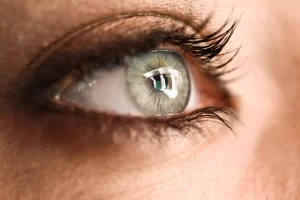 When visiting the optometrist, you may be asked if you’d like to have your eyes dilated. While it may seem like an inconvenience to deal with blurry vision and light sensitivity afterward, dilation is a critical step in ensuring the long-term health of your eyes. Here’s why dilation matters and what it can reveal.
When visiting the optometrist, you may be asked if you’d like to have your eyes dilated. While it may seem like an inconvenience to deal with blurry vision and light sensitivity afterward, dilation is a critical step in ensuring the long-term health of your eyes. Here’s why dilation matters and what it can reveal.
What Is Eye Dilation?
Eye dilation involves using special drops to widen your pupils, allowing your optometrist to see a much larger portion of the inside of your eye. This procedure provides a clear view of your retina, optic nerve, and blood vessels—areas that are otherwise hard to examine.
What Can Dilation Detect?
A dilated eye exam is crucial for detecting early signs of several serious conditions, including:
- Diabetic Retinopathy: High blood sugar can damage the blood vessels in your retina, leading to vision loss if untreated.
- Macular Degeneration: This age-related condition affects central vision and is a leading cause of blindness.
- Glaucoma: Increased pressure in the eye can damage the optic nerve, and early detection is key to preventing permanent vision loss.
- Retinal Tears or Detachments: These are medical emergencies that can lead to blindness without prompt treatment.
- Tumors or Other Eye Diseases: Dilation can reveal abnormalities that may indicate more serious underlying health issues.
Why Is Dilation So Important?
Without dilation, your optometrist can only see a limited portion of your retina and other internal structures. Many eye diseases develop silently, showing no symptoms until significant damage has occurred. A dilated eye exam can catch these problems early, improving your chances of successful treatment and preserving your vision.
What to Expect
Dilation typically lasts 4–6 hours, during which your pupils will remain enlarged. During this time, your vision may be blurry, and you’ll be more sensitive to light. Sunglasses can help reduce discomfort when you leave the clinic.
Dilation may take extra time, but it’s a small price to pay for safeguarding your eye health. If it’s been a while since your last dilated exam, schedule an appointment with our office today.


